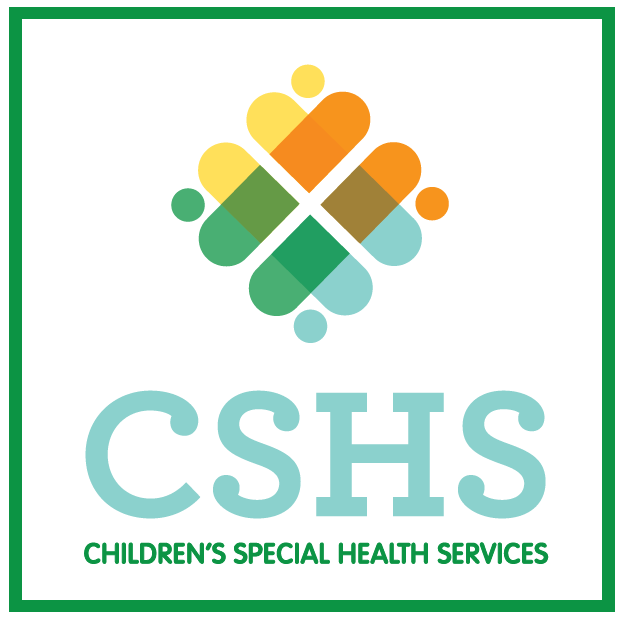Children's Special Health Services

Critical Congenital Heart Disease Screening
Congenital heart defects are the most common type of birth defect and are a leading cause of infant death due to birth defects. Approximately 25% of these defects are critical and require medical or surgical treatment within the first year of life. Many infants with Critical Congenital Heart Disease (CCHD) are detected through prenatal ultrasound or by newborn examination; however, some newborns will appear healthy and may not be identified until they are sick.
In 2011 the US Secretary of Health and Human Services recommended that all newborns be screened for CCHD using pulse oximetry. Pulse oximetry is a simple, non-invasive test that measures the oxygen level in a baby’s blood. The goal of this screening is to identify newborns with heart defects often associated with low blood oxygen levels before they are discharged to home. Early identification can prevent serious illness or death resulting from a missed or delayed diagnosis of CCHD. Pulse oximetry screening for CCHD became part of Montana’s newborn screening requirements in July 2014.
Our Goal: All babies born in MT are screened for CCHD with a pulse oximetry test.
DPHHS Roles:
- Provide technical assistance to hospitals, birth centers, and midwives on screening implementation and follow up.
- Provide education to parents and providers about the routine use of pulse oximetry to detect CCHD, interpretation of results, and best next steps when a baby fails the screening.
- Provide data surveillance and implement quality improvement measures.
- Maintain a program for comprehensive follow up services for children diagnosed with CCHD.
- Provide screening program feedback to partners and to the public.


